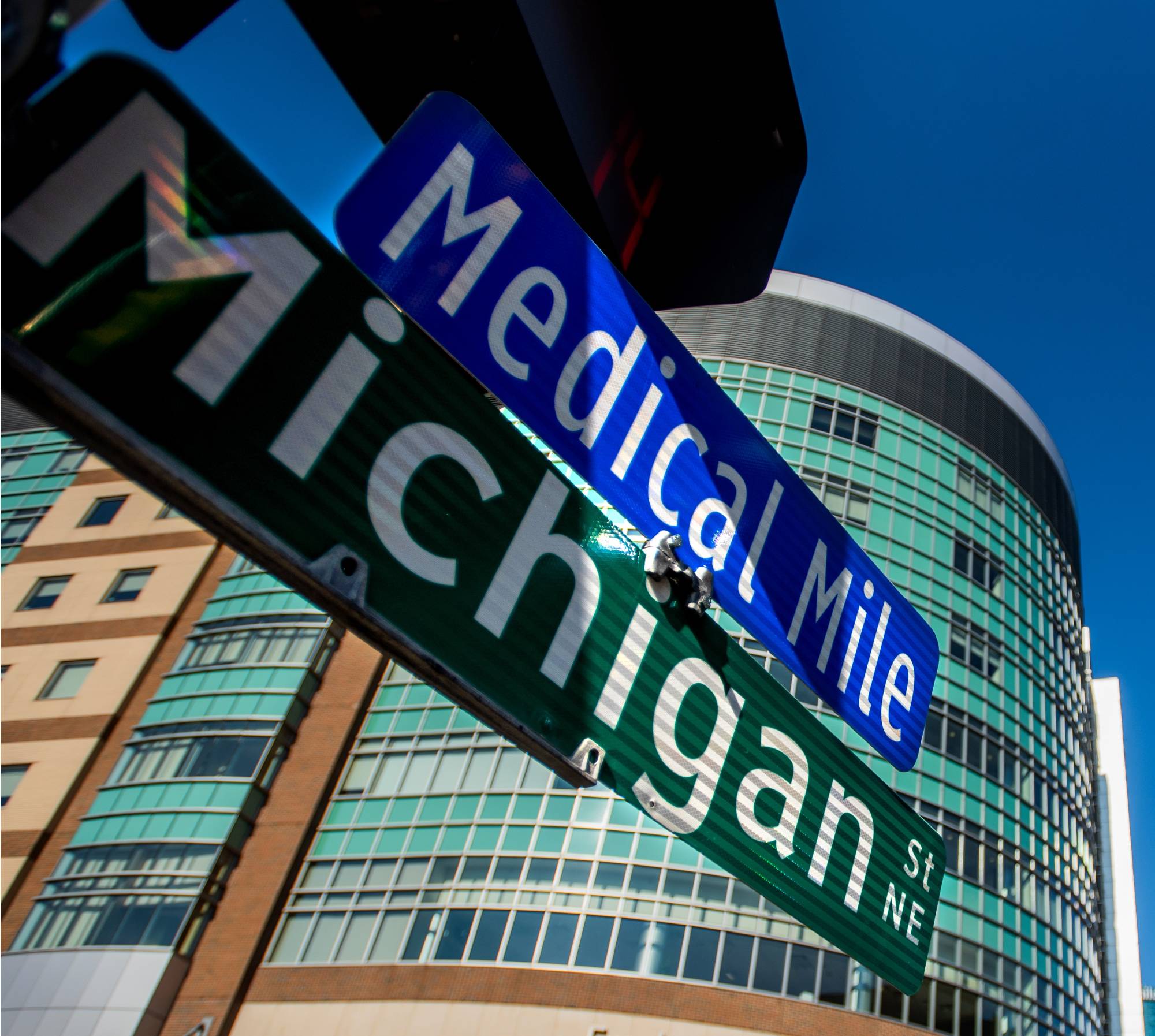Welcome to Allied Health Sciences
The term Allied Health is used to identify a cluster of health professions, encompassing as many as 200 health careers. There are 5 million allied health care providers in the U.S., who work in more than 40 different professions and represent approximately 60% of all health care providers. Even so, this is just a drop in the bucket in terms of how many allied health care workers are needed to meet current and future healthcare needs in America.
When you work in allied health, you are involved—directly or indirectly—with patient health, and you are regarded as an expert in your field. Some allied health professionals practice independently; others work as part of a health care team, providing continual evaluation and assessment of patient needs. They also play a major role in informing the attending clinician of the patient's progress and response to treatment.
You can read more about allied health careers and find detailed information regarding all health-related careers by visiting the website www.explorehealthcareers.org.
WHY STUDY ALLIED HEALTH SCIENCES AT GRAND VALLEY?
- Located in the state-of-the-art Raleigh J. Finkelstein Hall with close proximity to five hospitals, the Grand Rapids Medical Education and Research Center, and many research, clinical, and treatment facilities.
- Strong relationships with the medical community provide students with high-quality clinical opportunities, which are an important aspect of the learning experience.
- Faculty members who meet the highest levels of professional standards, not graduate assistants, teach the courses.
- The College of Health Professions maintains a dedicated staff of academic advisors in its Student Services Office to meet students' academic advising needs.
- The degree can be tailored to meet the health professions goals of students with specific academic emphases.
Allied health professionals work in health care teams to provide a range of diagnostic, technical, therapeutic, and direct patient care and support services that are critical to the other health professionals they work with and the patients they serve. The allied health sciences (AHS) major is designed to meet the educational needs of an aspiring health professional, and the AHS faculty help students develop the skills and qualifications necessary to attract employers.

The Allied Health Sciences program sits within GVSU's Health Campus, positioned on Grand Rapid's Medical Mile.
Program Overview
Grand Valley State University's Allied Health Sciences (B.S.) program sits within the College of Health Professions' School of Interdisciplinary Health.
AHS can be tailored to meet the health professions goals of students with specific academic emphases.
Pre-health professional emphases for students desiring to apply for a graduate degree in:
- Physical Therapy
- Physician Assistant Studies
Entry level baccalaureate emphases in:
- General Allied Health Sciences
- Histotechnology
- Health Professional degree completion - for those holding an associate degree in particular health professions
Learn More - Allied Health Sciences Bachelor of Science with an Emphasis
Combined Degree: AHS + Public Health
Students in the Allied Health Sciences - General emphasis can apply in the fall of their junior year (after completion of 55+ credit hours) for the combined AHS (B.S.) + Public Health (M.P.H.) degree program.
Combined Bachelor/Master degree programs allow students to complete both degrees sooner by counting graduate credits towards the undergraduate degree. This reduces the time and cost to complete both degrees separately, saving students money and allowing them to enter the workforce sooner. Learn more about Combined Degree programs.
Learn More - Allied Health Sciences (B.S.) + Public Health (M.P.H.) Combined Degree Program
Mission
To prepare exceptional professionals who will impact the health profession today and tomorrow.
Vision
To create a learning environment that fosters critical thinking, professional behavior, and encourages lifelong learning.
Values
As educators in health, we hold the following core values:
Professional and ethical behavior
Respect and appreciate diversity
Lifelong learning
Social responsibility

